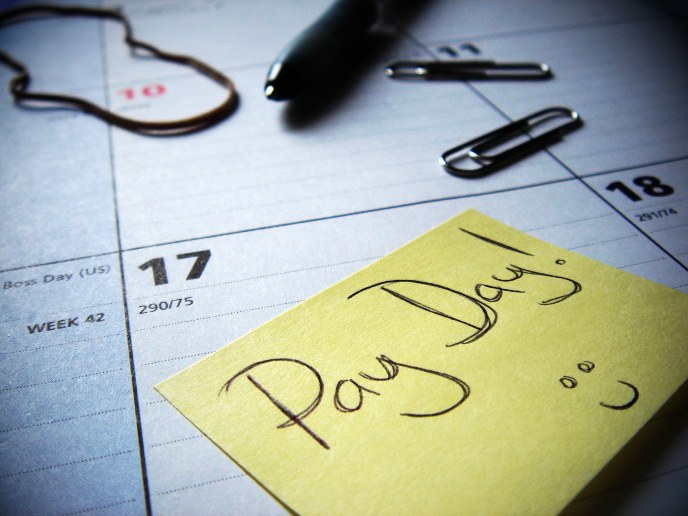Summer is well underway and it’s a busy time for businesses, especially in the hospitality industry. Many companies are looking to recruit more staff to cope with increased customer demand as COVID-19 restrictions begin to lift. With this in mind, it’s vital to take account of the new National Minimum Wage and National Living Wage rates that came into force in April 2021 – not just for new staff, but all existing employees. So, what are the rates, who is entitled to receive them, and what happens when employers fall foul of the law?
What are the minimum earnings rates for UK workers?
By law, employers must pay the National Living Wage to those aged 23 and over (previously it was for workers aged over 25). The National Minimum Wage applies to those who are under 23 or an apprentice. The rates from April 2021 are as follows:

- Age 23 and over (National Living Wage) – £8.91
- Age 21 to 22 – £8.36
- Age 18 to 20 – £6.56
- Under 18 – £4.62
- Apprentice – £4.30
Who is entitled to receive the minimum wage?
Every employed person is entitled to receive the National Minimum Wage or National Living Wage, whether they are part-time staff, on a zero hours contract, a seasonal worker, or undergoing training for a job.
The minimum earnings also apply to:
- Workers paid by commission
- Employees working a trial or probation period
- Foreign workers
- Piece rate workers (i.e. wages are related to the number of items made in a set period)
For piece rate workers, this ensures that they are guaranteed a minimum take-home pay, even if they are less productive than usual, for example if a factory machine breaks down.
Some categories of workers are not entitled to the minimum or living wage, namely those who are self-employed by choice, volunteers, company directors, people serving in the armed forces, and children under the school leaving age. It’s also worth stating that the rules do not apply to people doing work experience or work shadowing.
What to do when an employee reaches a new minimum wage milestone
If a worker’s wage is due to be increased, the increase will come into effect for the next pay period. For example, when an employee turns 23 on the 2nd of January, but the pay period runs from the 15th of the month, the new rate will not be backdated to their birthday – it will begin from 15th of January. This also applies to any increases to the minimum UK earnings rate, which usually come into effect annually in early April.
The message? Always be vigilant in ensuring that the new rates are paid once relevant birthdays have been celebrated!
Failure to pay the National Minimum Wage – what are the consequences?
Firms who breach the guidelines, whether intentionally or unintentionally, face fines of up to 200% of arrears capped at £10,000 per worker. Workers who have been short-changed must also be paid the backdated arrears, at current minimum wage rates.
Last December the government named and shamed employers who did not follow the rules. Businesses of all sizes, including global multinationals, were found to have broken the law.
If you need further information or advice about minimum wages, we are here to help. Please give us a call on 01892 559480, or get in touch with our friendly team via our online enquiry form.







